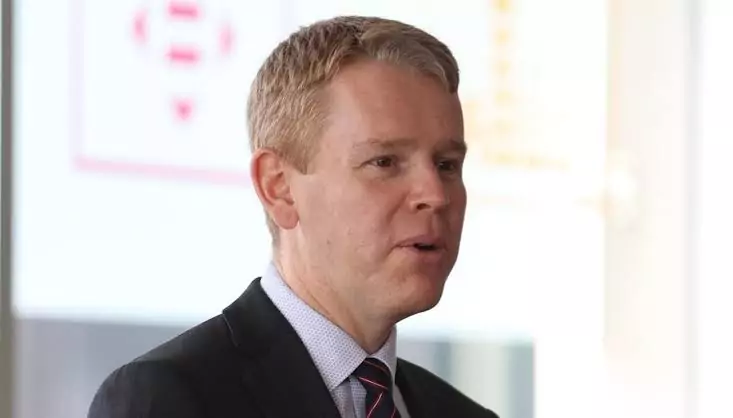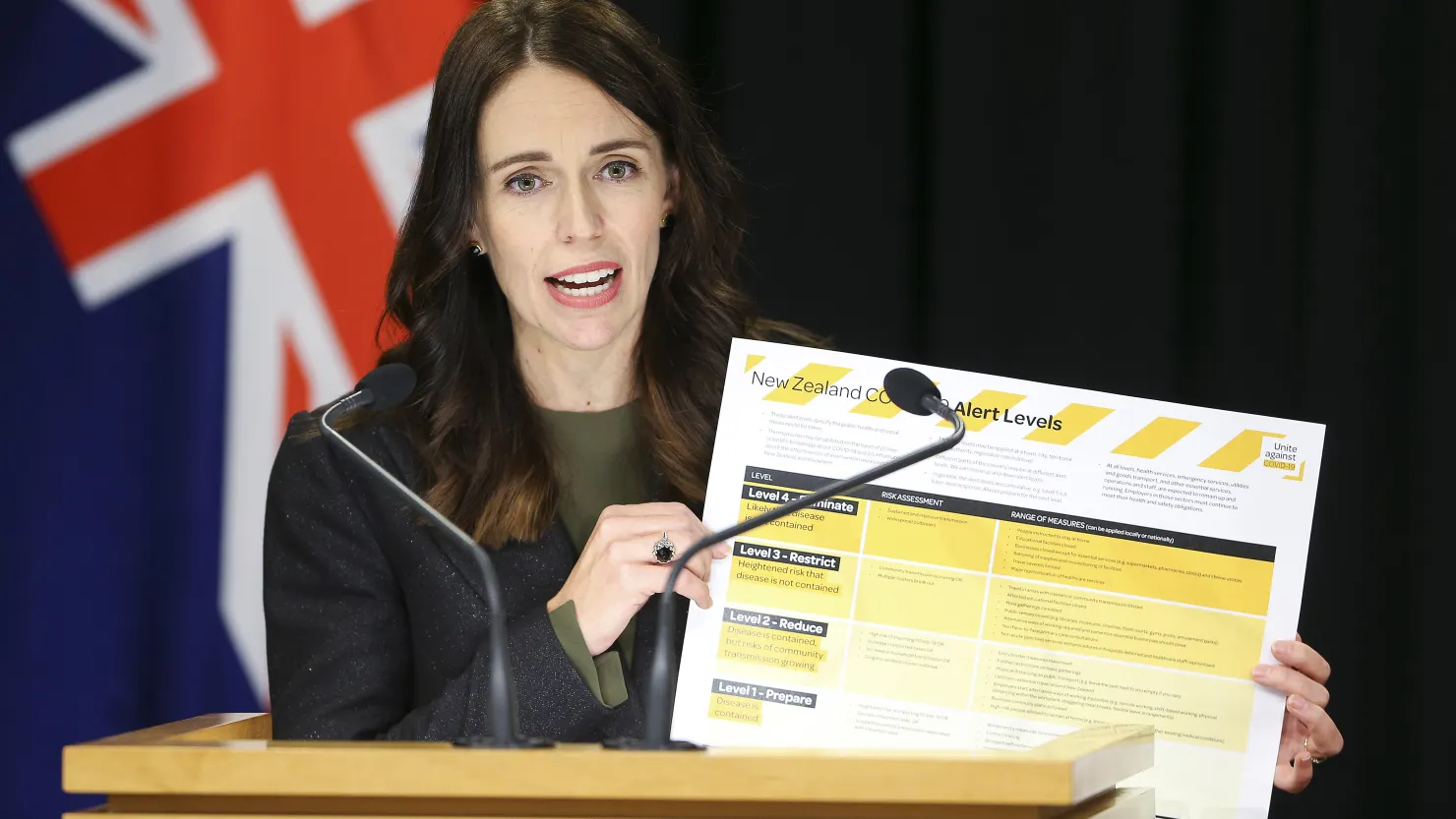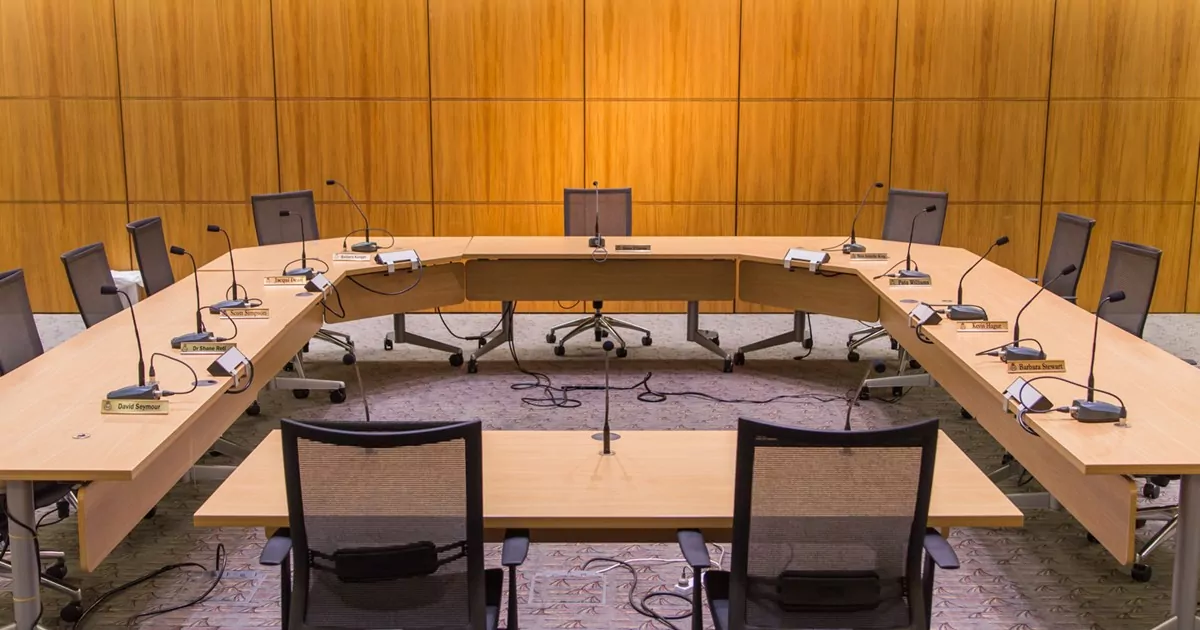The boss of mega-institute Te Pūkenga said hundreds of jobs will be lost and some assets sold as it struggles with massive financial issues.
The organisation took over all polytechnics and most industry training organisations and ironically has asked the government for $330 million from this year’s Budget to pay for its transformation.
Chief executive Peter Winder said the number of jobs that will go will be “more than 200 and less than 1000 considerably less than 1000, but as I said we need to work that through in terms of where exactly we are with the number of vacancies” he told RNZ.
The job cuts would affect mainly “managers and leaders as we bring 24 organisations together” he said.
Tertiary Education Union National Secretary Sandra Grey said the union was “ready to fight for every job saying the institute’s leadership had failed.
“Winder spoke of “a fundamental shift in the way that people engage in Tertiary Education” and a “move to support people to learn in the workplace as opposed to learn in the classroom. At the core of the shift is a way of learning that will work far better for learners than spending years in a classroom.”
“Winder’s comments highlights a disdainful attitude towards the teaching profession and represent a failure of the leadership of Te Pūkenga to recognise the importance of face-to-face teaching and vibrant polytechnic campuses to communities and employers.”
“Te Pūkenga’s enrolments have suffered at least in part due to students voting with their feet in the wake of instability and bad publicity the organisation has been attracting. Perhaps the leadership of Te Pūkenga should take responsibility for that, not the staff.”
“As late as last week, Peter Winder told me there were no surprises coming.
What he’s now suggesting is a betrayal of his teaching staff. Not only does he not value the work they do, but instead of telling them this directly he’s done it through the media.”
“An almost exclusive focus on on-the-job training may suit some students, but it does not deliver the inclusivity or equity that Te Pūkenga is legally bound by the Education and Training Act to hold as core principles.”
The Act also requires “a mix of education and training, including on-the-job, face-to-face, and distance delivery that is accessible to the learners of that region and meets the needs of its learners, industries, and communities.”
Grey said “unfortunately this failure also lays at the feet of the government, whose funding model is driving some of this. They must call an urgent meeting.”









